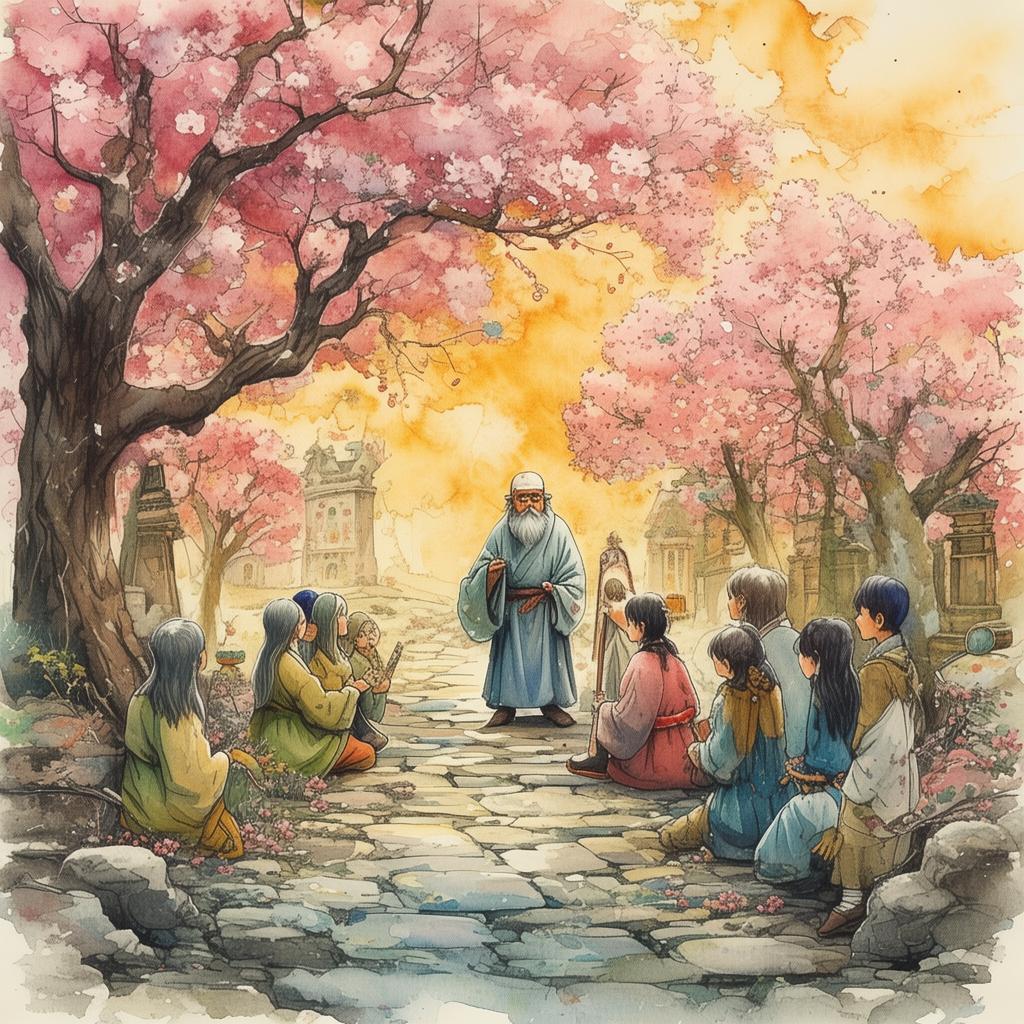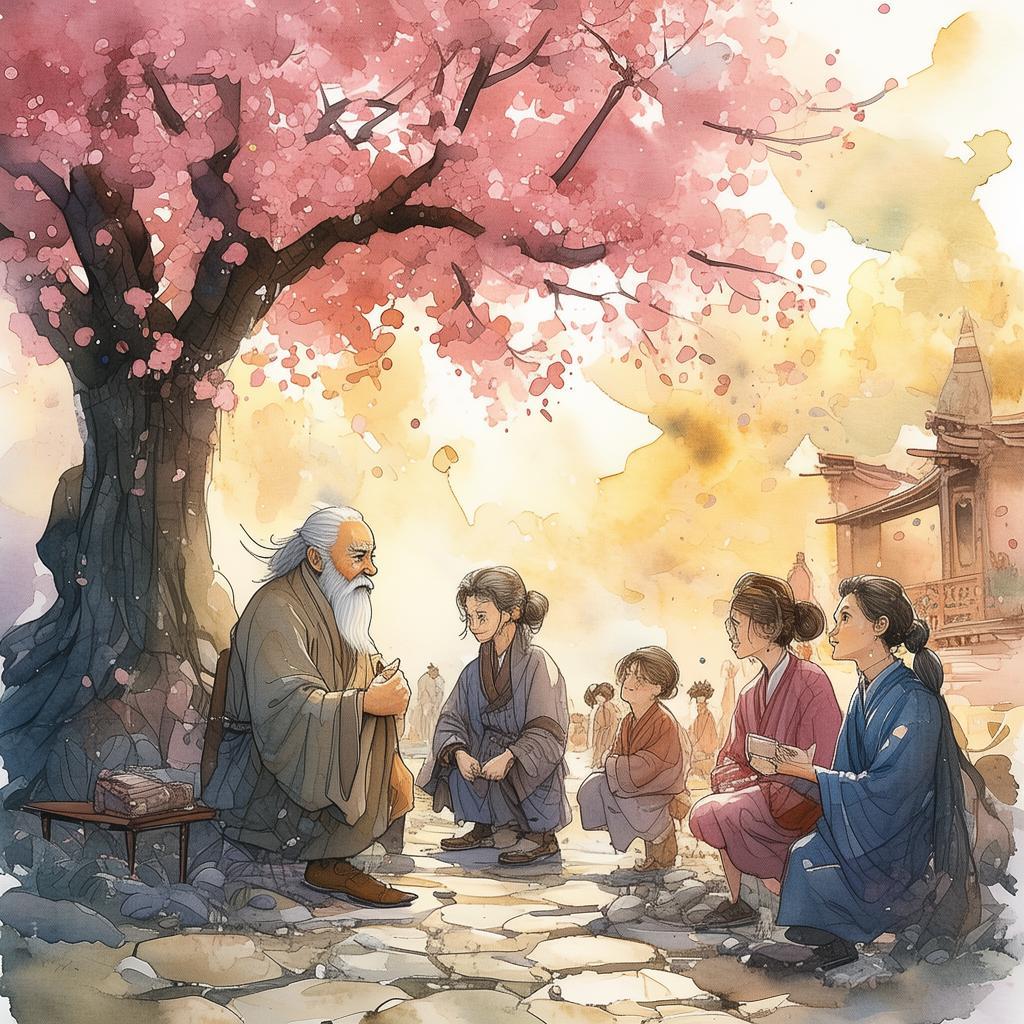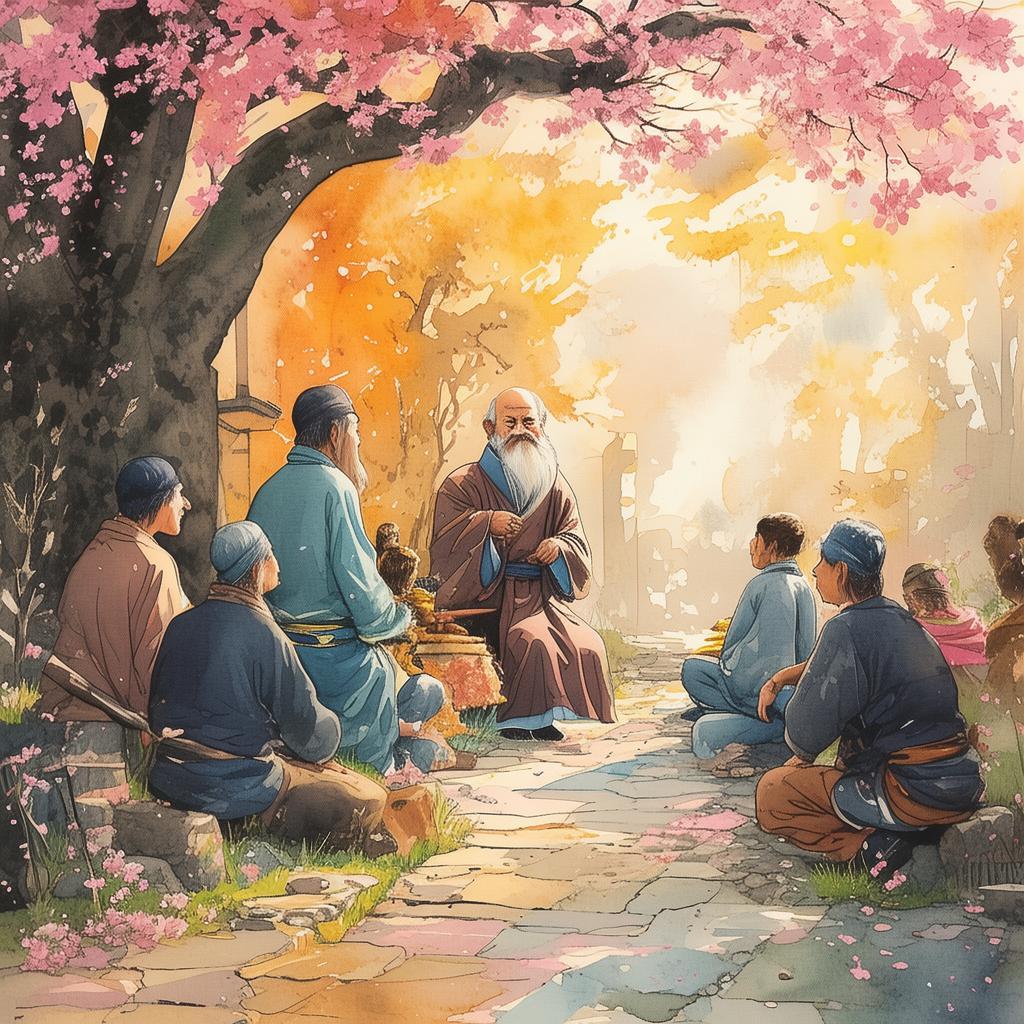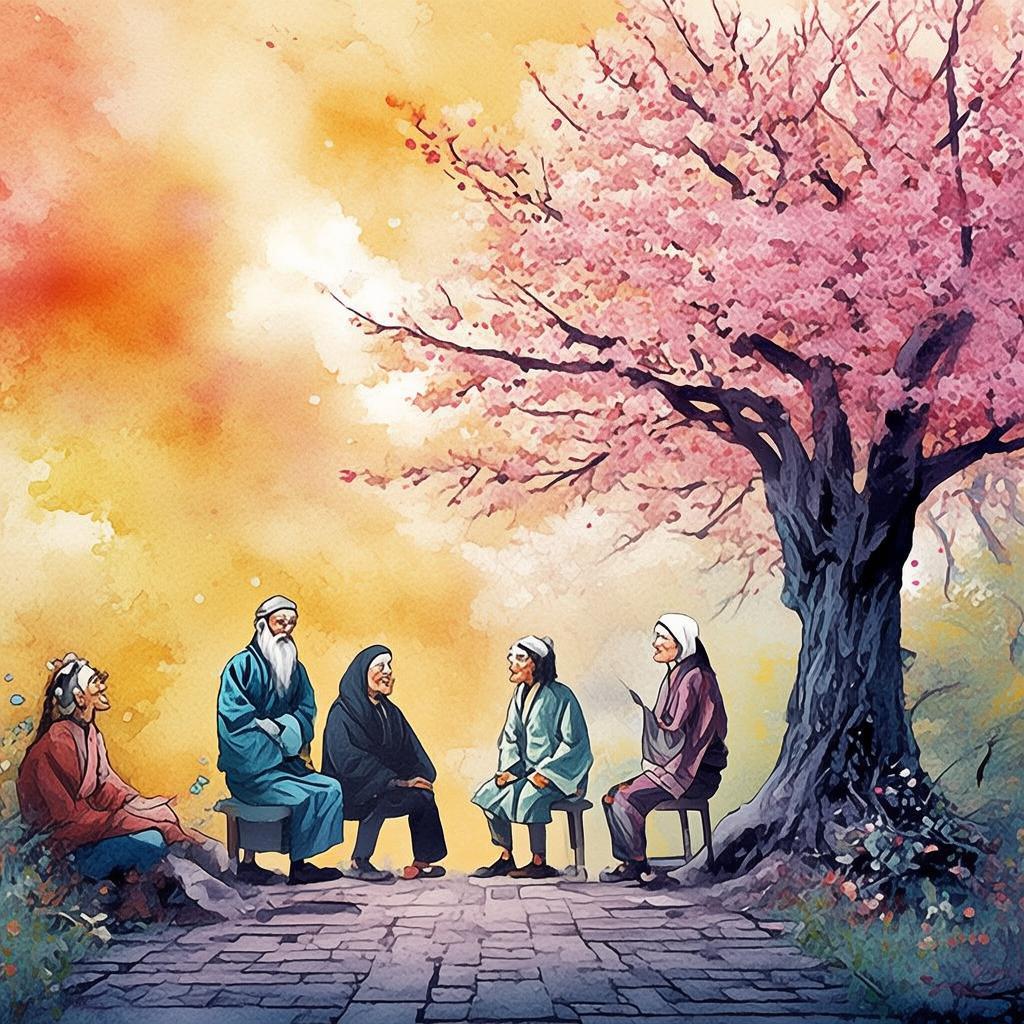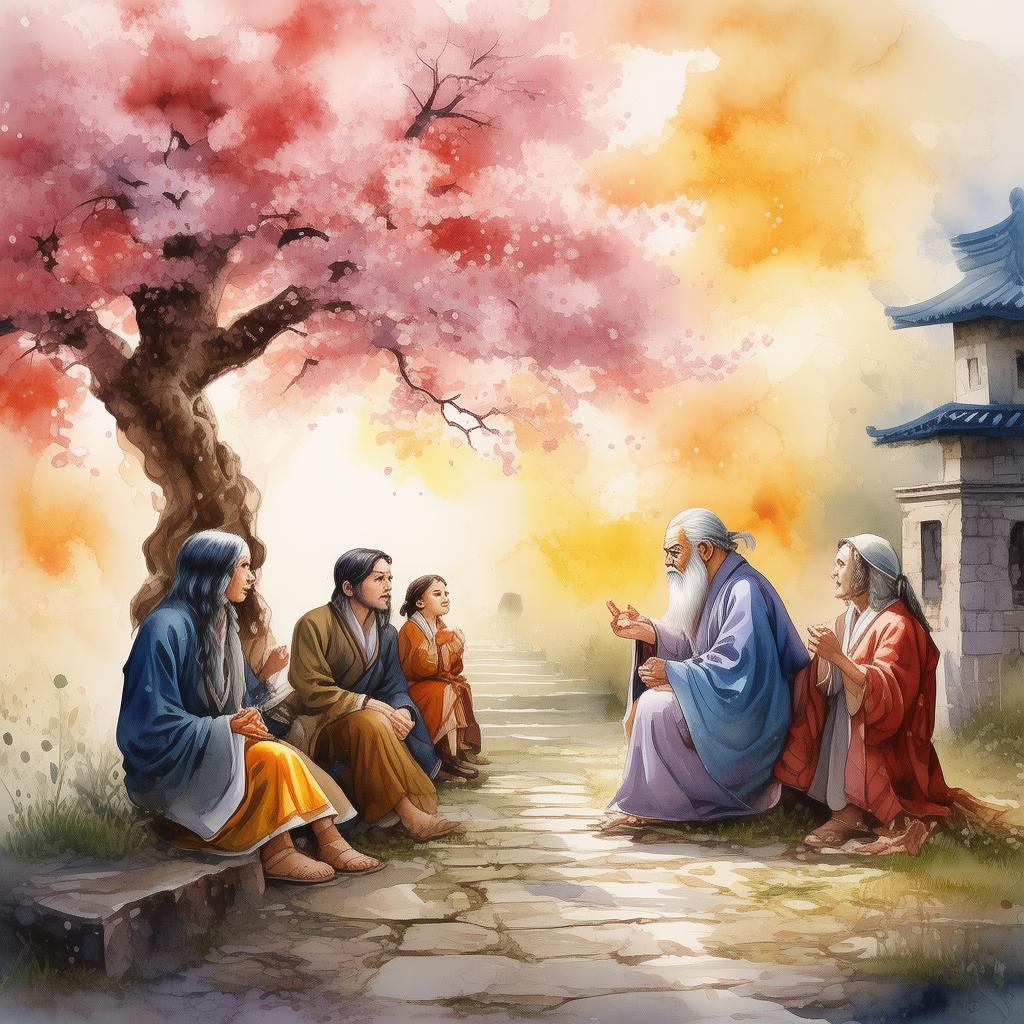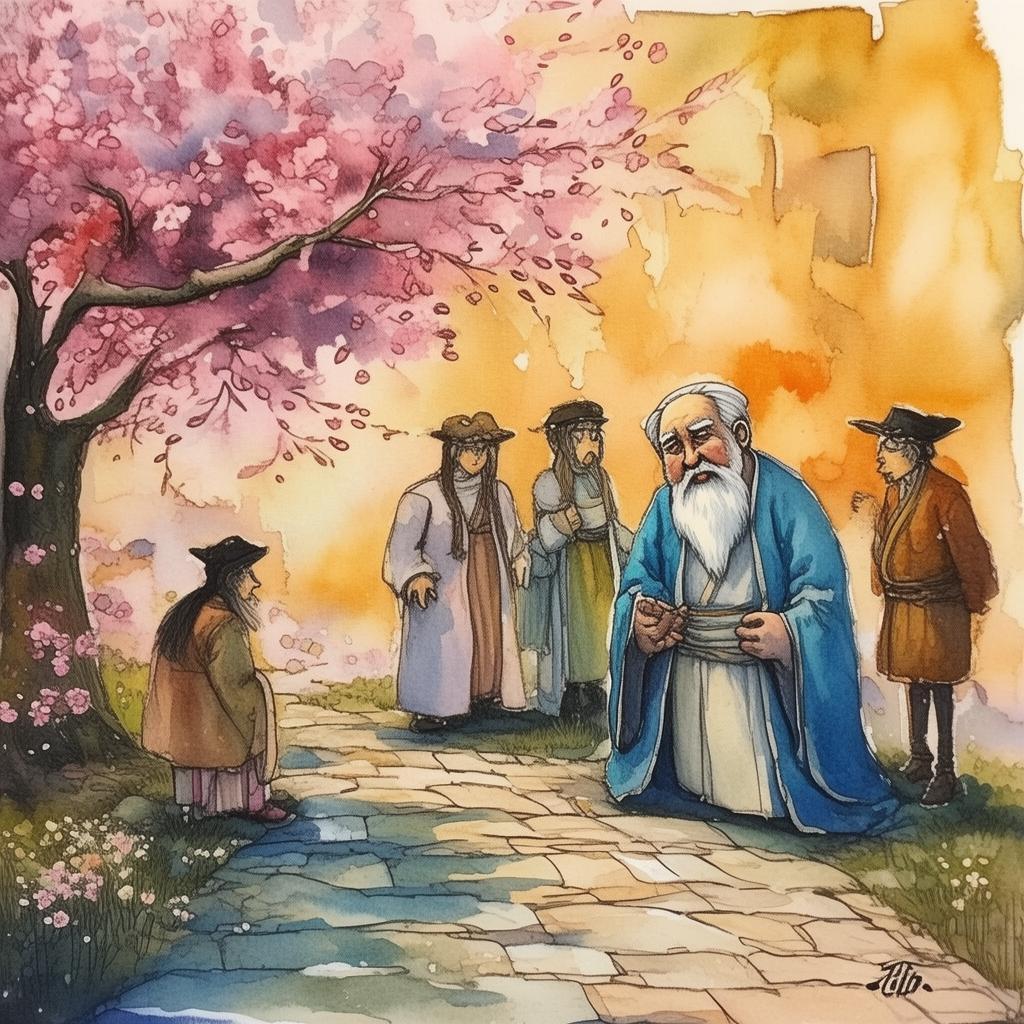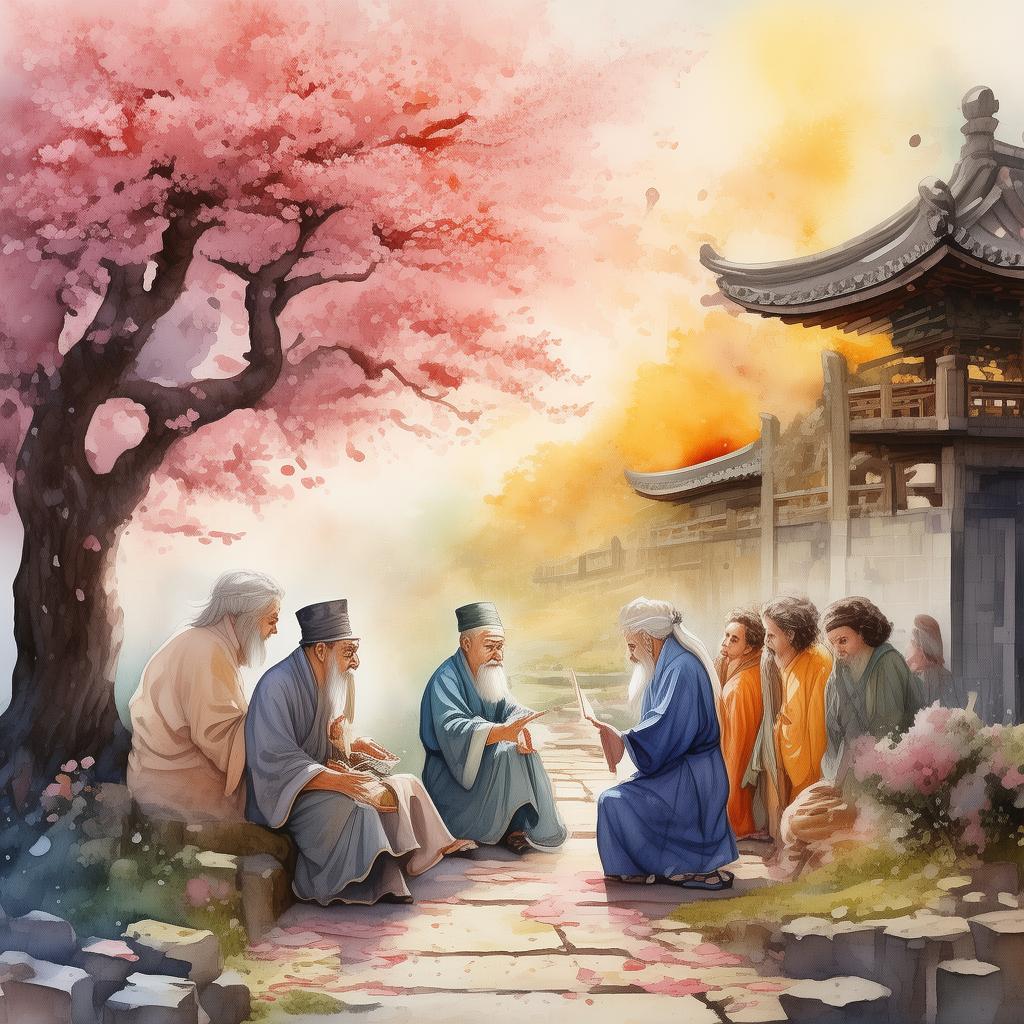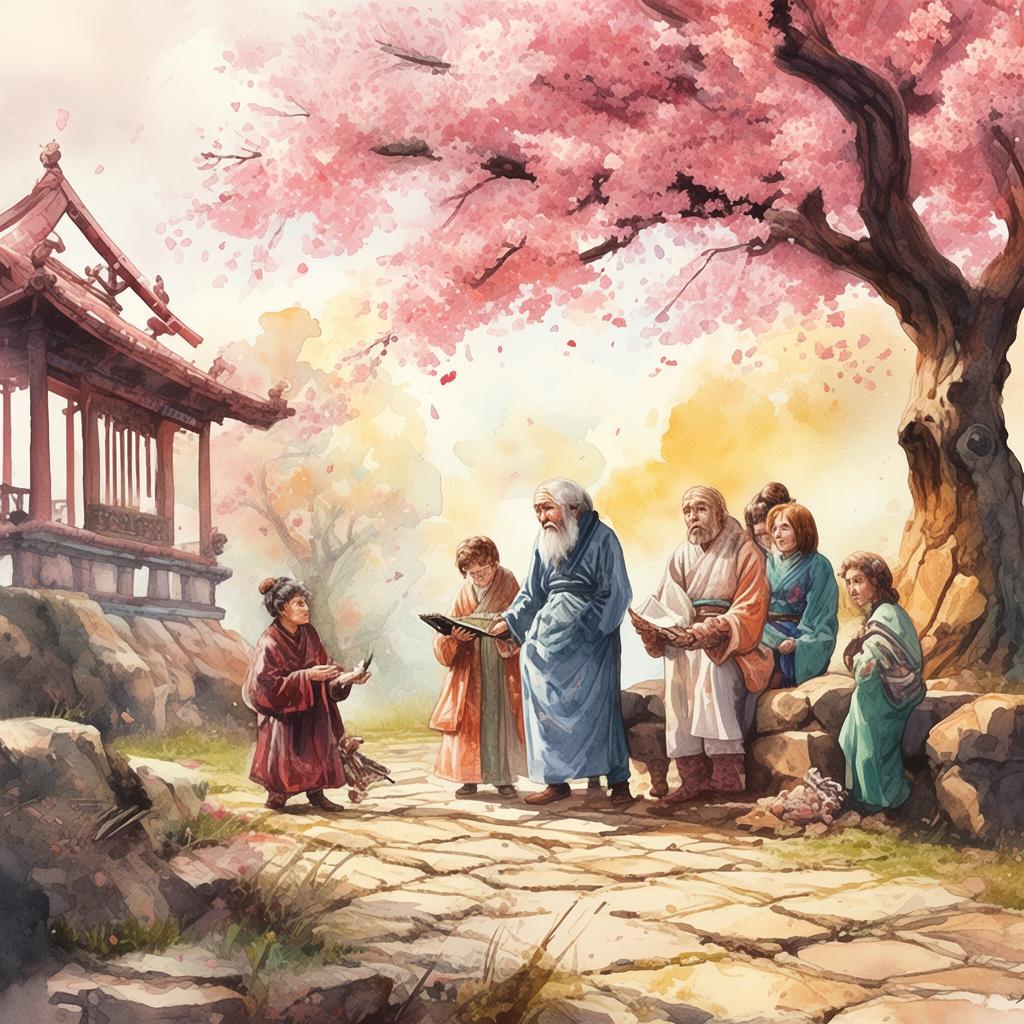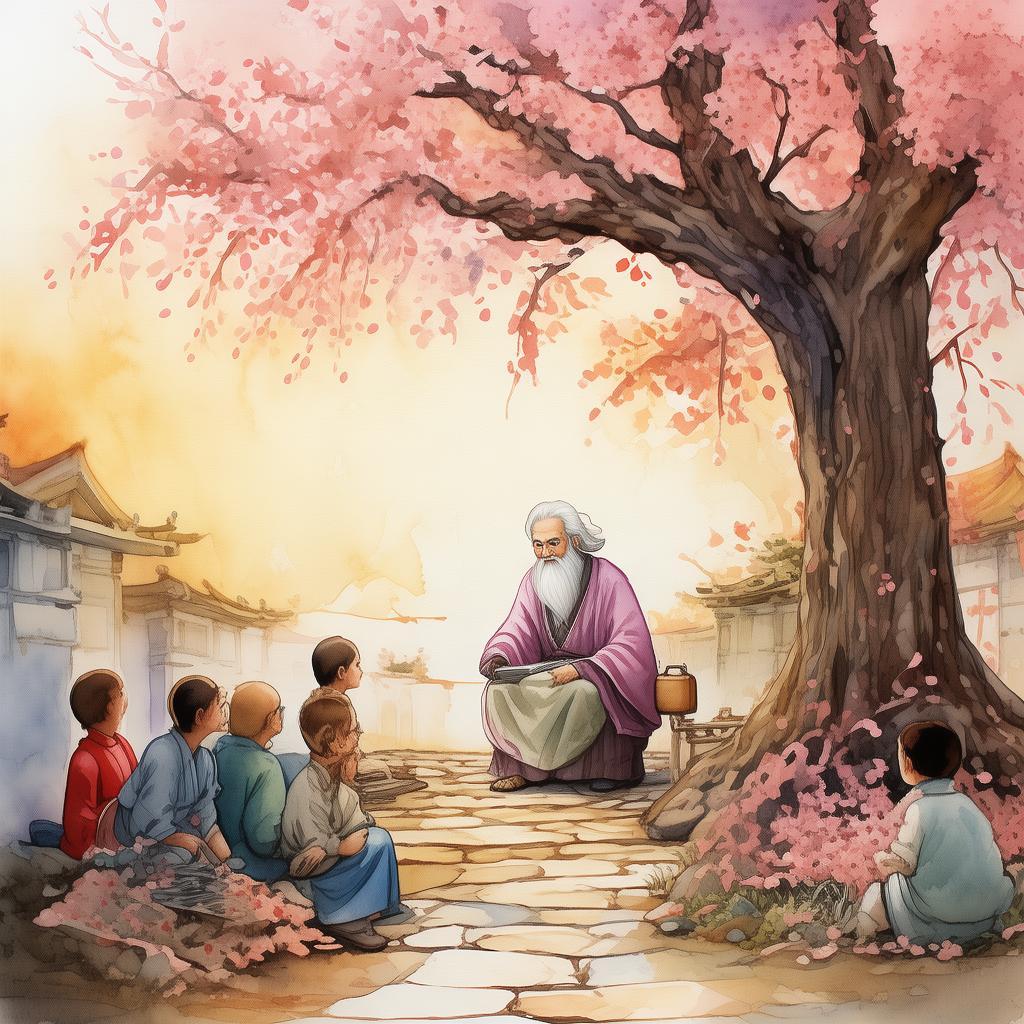The Rivalry of the Two Rivers: A Tale of the Flooded Fortune
In the heart of ancient China, two cities stood side by side, separated by the grand rivers that ran through their lands. These were not just any rivers; they were the lifeblood of the land, sustaining the people and their crops. The cities, known as Jing and Hua, had been rivals for centuries, their rivalry as old as the rivers that carved their paths.
Jing, with its towering pagodas and bustling markets, was a city of wealth and power. Hua, nestled among the lush hills, was known for its artisans and scholars. The people of Jing spoke with pride of their prosperity, while the people of Hua reveled in their cultural richness. But beneath the surface of their peaceful coexistence lay a simmering resentment, a rivalry that was as old as time itself.
The rivers that flowed between them were the source of their rivalry. Each city believed that their own river was superior, purer, and more powerful than the other's. They would often gather along the banks, boasting of their river's virtues and denouncing the other's failings. This competition was not just about pride; it was a matter of survival. The rivers were their lifelines, and they were determined to protect their claim to the most precious resource.
As the seasons changed, the rivers grew restless. The rains began to fall with an intensity that was unprecedented, and the rivers overflowed their banks, threatening to flood both cities. The people of Jing and Hua knew that this was no ordinary flood; it was a sign of nature's wrath, a punishment for their rivalry.
The leaders of both cities convened in a meeting hall, a place where they had gathered countless times to discuss the trivial matters of trade and territory. But this time, the air was thick with tension and urgency. The great rivers were swelling, and the people were in fear.
"Who will take responsibility for this?" asked the leader of Jing, his voice tinged with anger.
The leader of Hua, a man of calm demeanor, replied, "We must put aside our differences and work together. Only then can we hope to save our people."
The leaders of the two cities were faced with a moral dilemma. They had to choose between protecting their own citizens or aiding their neighbors. The decision was not easy, for the people of Jing were already suffering, and the thought of helping Hua was a betrayal of their city's interests. Yet, the thought of letting their neighbors perish was unbearable.
In the end, the leaders of Jing and Hua made a historic decision. They agreed to unite their efforts to build a massive levee, one that would protect both cities from the impending flood. The people of Jing and Hua worked side by side, their labor united by a common cause. The levee was completed just in time, and the floodwaters were held at bay.
The people of Jing and Hua celebrated their victory, but the true triumph was not in their survival but in their newfound unity. The moral dilemma they had faced had brought them together, and they realized that their rivalry had been a folly.
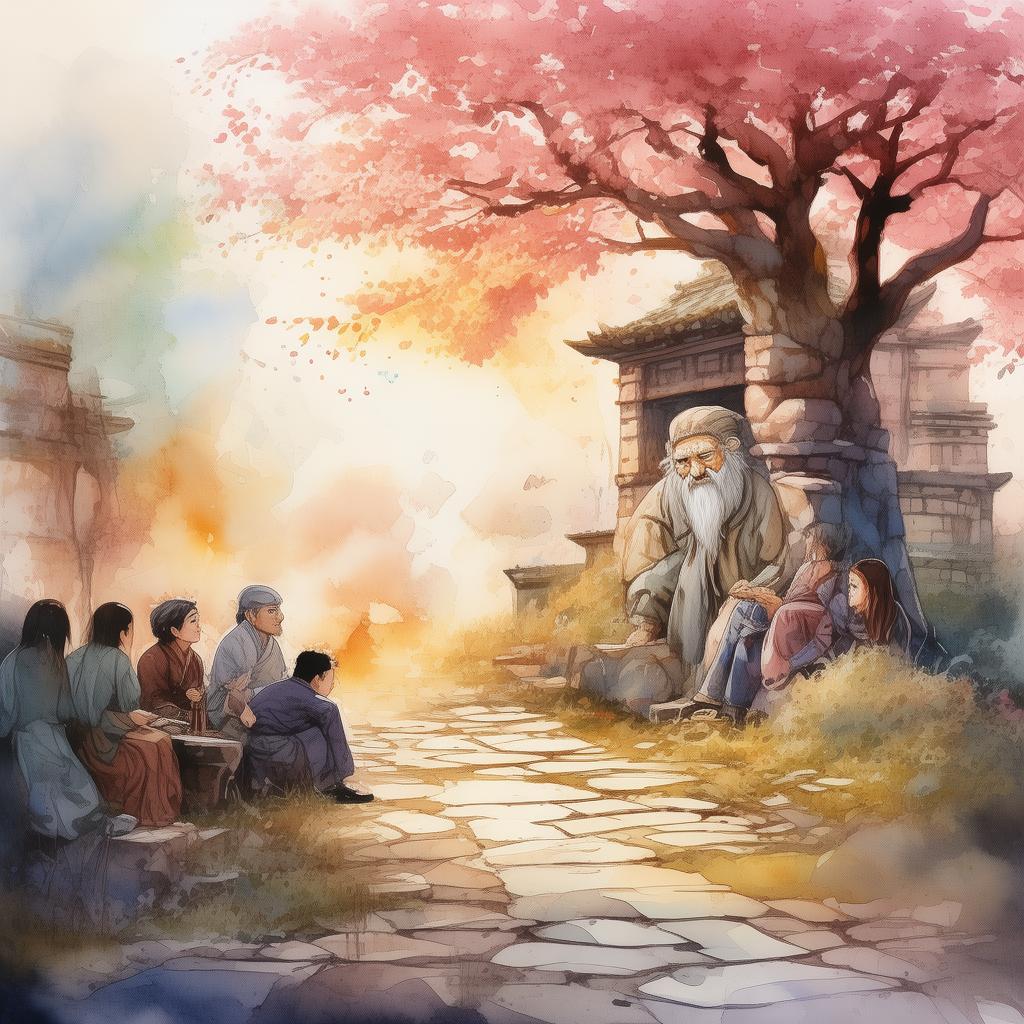
From that day on, the rivers that once divided them became symbols of their unity. The cities of Jing and Hua thrived, their people living in harmony, their children playing along the banks of the rivers that had once been the source of their conflict.
The story of the Flooded Fortune is a tale of rivalry, of moral dilemmas, and of the power of unity. It teaches us that sometimes, to protect our own interests, we must be willing to put them aside for the greater good. The rivers that once divided them now flowed together, a testament to the strength of their newfound bond.
In the end, the people of Jing and Hua learned that the true fortune was not in the rivers that separated them, but in the flood of understanding and cooperation that brought them together. The rivers had flooded their cities, but they had also flooded their hearts with the wisdom of unity.
✨ Original Statement ✨
All articles published on this website (including but not limited to text, images, videos, and other content) are original or authorized for reposting and are protected by relevant laws. Without the explicit written permission of this website, no individual or organization may copy, modify, repost, or use the content for commercial purposes.
If you need to quote or cooperate, please contact this site for authorization. We reserve the right to pursue legal responsibility for any unauthorized use.
Hereby declared.
